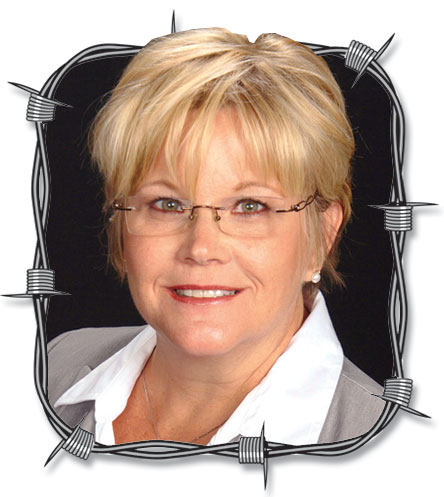When was the last time you asked yourself “How is my personal property going to pass to my heirs?” Okay, maybe not that often, but it is an interesting question. As discussed in a previous article a beneficiary deed is used to transfer real property (land and the house that is on that land) post death directly to the persons of your choice. But the personal property within that house, such as that heirloom piano or collection of baseball cards do not pass within that beneficiary deed. How do you pass those items along to a loved one without going through the probate process? Is it even possible?
There are several ways that heirs deal with this issue. Probably the most common is just a mutual understanding amongst the family members on whom the decedent said could have the particular item. Or perhaps your grandmother put initials on the underside of a table to indicate who was to receive that item. Or perhaps a list was made for the family members to divide those items. Any of these works in the situation where there is no arguing. However, in the event of a dispute and the probate court were to get involved, the only possible remedy could be the sale of that cherished piece and a division of the proceeds from that sale amongst all heirs. Because these types of personal property items are not subject to any recording tools, like a beneficiary deed is at the county recorder’s office, precaution must be taken to make certain that the proper rules are followed.
To answer the question posed in the first paragraph, “yes,” there is an instrument that can be used to transfer such tangible personal property items post-death. A “Deed of Gift” as set forth in 461.026 RSMo. governs the transfer of such items of tangible personal property. Specifically the statute sets forth that “1. A deed of gift, bill of sale or other writing intended to transfer an interest in tangible personal property, that expressly states that the transfer is not to take effect until the death of the owner, transfers ownership to the designated transferee beneficiary, effective on death of the owner, if the instrument is in other respects sufficient to transfer the type of property involved and is executed by the owner and acknowledged before a notary public or other person authorized to administer oaths. A beneficiary transfer instrument need not be supported by consideration or be delivered to any transferee beneficiary.” Subsection 2 goes on to state that “this section does not preclude other methods of transferring ownership of tangible personal property that are permitted by law and that have the effect of postponing enjoyment of property until the death of the owner.”
Subsection 1 of Chapter 461.026 RSMo. means that if you want to transfer that heirloom to your child or grandchild or even a friend, you must state your intentions that the transfer is not to take effect until after your death and you must state specifically to what items you are referring, put it in writing and sign that written instrument in front of a notary public. But before you begin writing this out on your own, please contact your lawyer to make sure the proper steps are followed.
As for subsection 2, the statute just says that there may be other methods of transferring tangible personal property that can be used in lieu of the Deed of Gift or Bill of Sale. An example of another method would be a Transfer on Death designation listed on the title to your motor vehicle.
Chris Fink grew up on a row crop farm in Northwest Missouri, where his parents still farm. He attended the University of Missouri-Columbia and received degrees in Agricultural Journalism and Law. He has a general practice law firm in Cameron, Mo.





